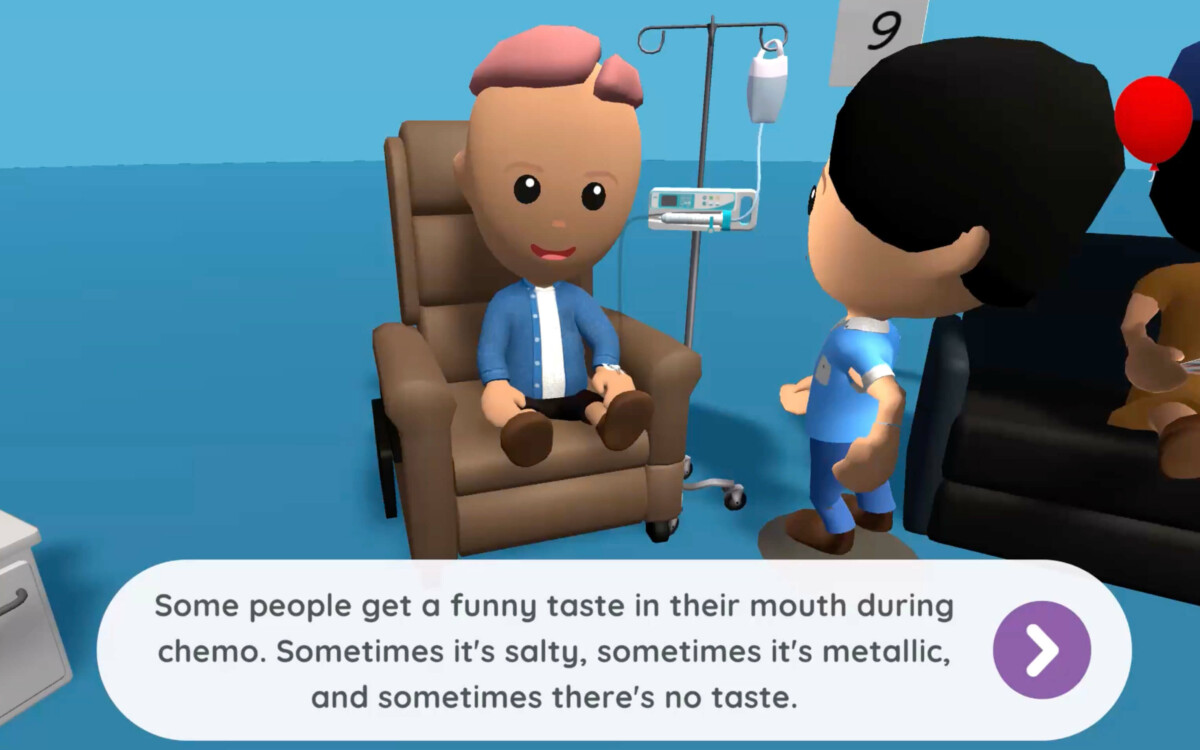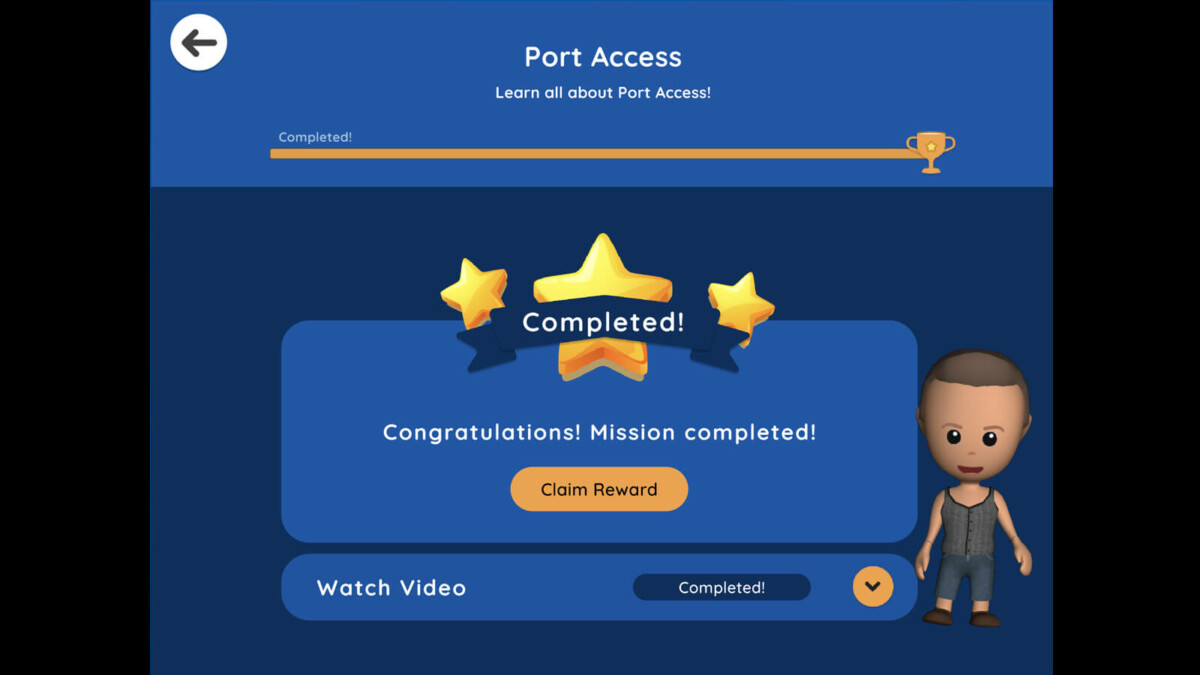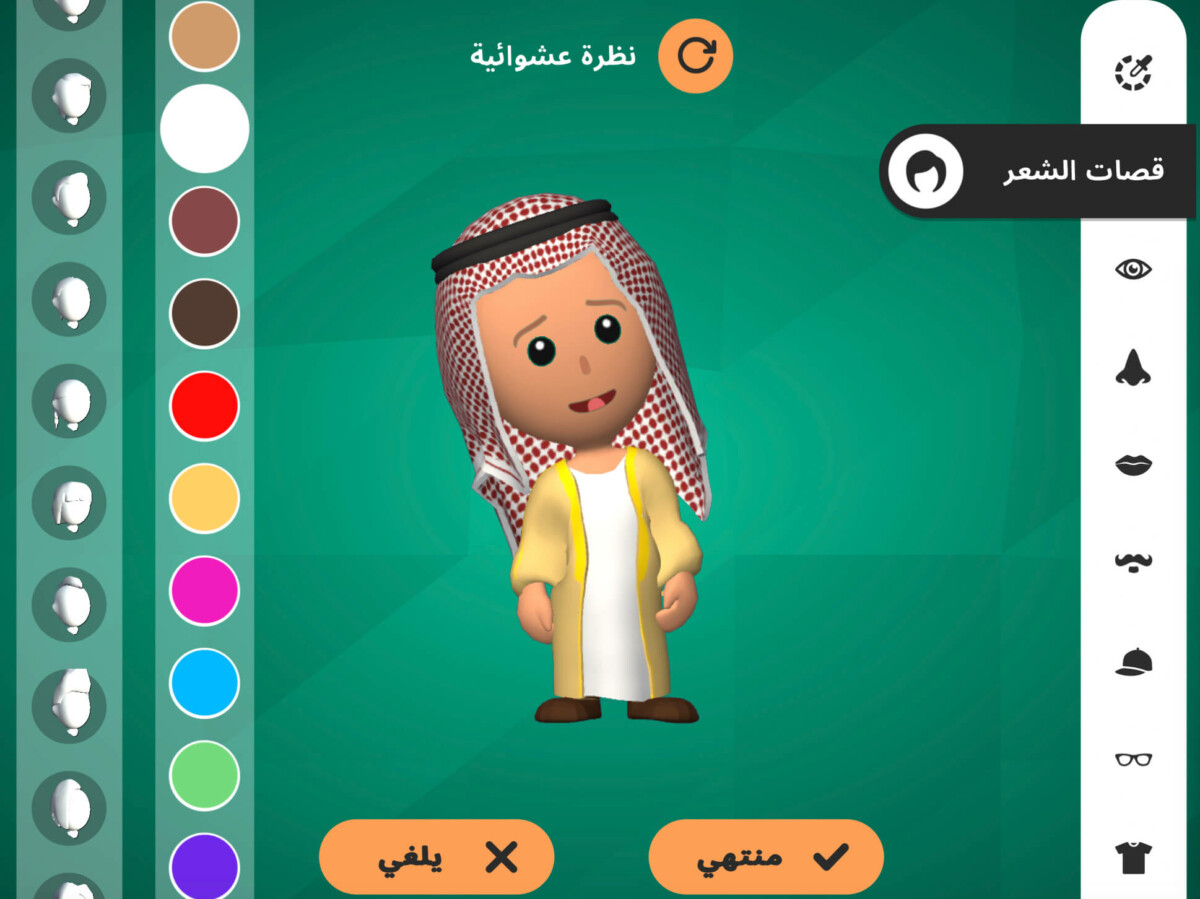White Paper: The Case for Personalized Education in Pediatric Oncology
Categorised as: Thought
A Smarter Standard for Pediatric Oncology Education
Pediatric oncology requires more than medical precision. It demands emotional support, clear communication, and operational coordination—especially at critical moments in care. Families facing childhood cancer often feel overwhelmed by treatment complexity, emotional distress, and information overload. In this environment, education isn’t optional—it’s essential to safe, timely, and equitable care.
The Consequences of Educational Gaps
Despite best efforts, traditional approaches to pediatric cancer education frequently fall short. Up to 80% of instructions in pediatric hematology and oncology are forgotten under stress. These gaps cause missed chemotherapy doses, canceled sedation, repeat imaging, and delayed interventions. These disruptions reduce adherence, increase staff burden, and undermine clinical outcomes.
Childhood cancer care also places enormous pressure on caregivers. Many must understand detailed protocols while managing fear, financial strain, and disrupted routines. A third of families lose more than 40% of their income during treatment. These factors directly affect participation in care, especially for families in underserved communities.
A Personalized, Digital Solution
To address these issues, healthcare organizations need a new model for pediatric cancer education—one that prepares, empowers, and adapts. That’s where Xploro comes in.
Xploro is a clinically validated digital platform designed for pediatric oncology and pediatric hematology and oncology settings. It transforms complex medical information into emotionally resonant, developmentally appropriate learning experiences. Children and caregivers engage through avatars, games, storybooks, and augmented reality—all personalized to diagnosis, treatment stage, and age.

Personalized “Missions” ensure that patients review relevant content
Transforming Comprehension Into Confidence
This interactive model supports better understanding, lowers anxiety, and increases engagement throughout the childhood cancer journey. Families no longer rely solely on rushed, verbal instructions. Instead, they gain tools that build confidence, clarify expectations, and reinforce learning over time.
Xploro does more than inform. It prepares patients emotionally, supports clinician workflows, and equips families to manage care more effectively. Teach-back tools assess understanding. Mood tracking surfaces emotional distress early. Dashboards let care teams monitor progress and intervene when needed. Every feature supports safety, consistency, and patient-centered communication.
Real-World Results in Pediatric Cancer Education
Hospitals using Xploro report substantial improvements in pediatric cancer education outcomes. They see fewer same-day cancellations for sedation, lower no-show rates, and reduced clinician time spent repeating information. Families feel better prepared. Children arrive with fewer questions, less fear, and more confidence in what lies ahead.
These gains translate to better adherence and fewer delays. In one program, more than 900 caregivers enrolled, with over 600 pediatric patients actively using the platform. Clinicians reclaimed time, avoided rework, and improved coordination across departments. Care became not just more efficient, but more human.
Emotional Support for Children and Families
Xploro’s impact extends beyond logistics. By engaging children in meaningful, age-appropriate ways, the platform also helps reduce emotional distress. Many children experience anxiety, depression, or behavioral challenges during treatment. Siblings, too, face social disruption and long-term mental health risks. Xploro offers dedicated support for both patients and siblings, building household stability and resilience.
Built for Inclusion and Equity
Inclusivity remains a core principle. Children create avatars that reflect their identities, including mobility aids, hair loss, head coverings, and soon, prosthetic limbs. Language shouldn’t be a barrier either. Xploro supports multiple languages, including right-to-left options like Arabic, and includes visual aids for low-literacy users.
This commitment to equity matters deeply in pediatric oncology. Research shows that children from low-income, rural, or racially minoritized backgrounds experience worse cancer outcomes—even in universal health systems. Consistent, accessible pediatric cancer education helps close these gaps by giving every family the preparation they deserve.

Xploro is localized for different communities around the world and is available in Arabic
Supporting Survivorship and Long-Term Recovery
Xploro also supports survivorship. After treatment ends, families must manage recovery, monitor for relapse, and help children return to school and normal life. Xploro’s content evolves with the patient, offering wound care lessons, post-treatment simulations, and medication tracking. Avatars reflect post-treatment changes, reinforcing continuity and self-efficacy.
Aligning With Value-Based Care Models
From an operational standpoint, Xploro aligns closely with value-based care. It helps providers meet key benchmarks in patient satisfaction, care coordination, and safety. Hospitals report measurable reductions in missed visits, sedation-related delays, and unnecessary readmissions. These outcomes support quality metrics and reduce avoidable costs.
For example, poor preparation can lead to motion during MRI scans, forcing repeat sequences and wasting scanner time. One hospital estimated $115,000 in annual losses per scanner due to preventable rework. Xploro helps avoid these costs by preparing children more effectively and reducing day-of-procedure disruptions.
Financial Gains Without Compromising Quality
Financial benefits also appear in discharge and follow-up. Structured education reduces emergency department returns, increases medication adherence, and improves home care understanding. One program saw an 8% drop in 72-hour returns after deploying digital education tools.
Beyond numbers, Xploro restores time and trust. It reduces clinician burnout by lowering repetitive teaching demands and giving care teams better insight into family understanding. It strengthens relationships by helping families feel heard, informed, and supported at every stage.
Redefining Pediatric Hematology and Oncology Care
As demand for scalable, equitable, and child-centered care grows, Xploro provides a proven solution for pediatric hematology and oncology teams. It addresses systemic challenges with precision, empathy, and evidence. By improving pediatric cancer education, it improves everything that follows—treatment, outcomes, satisfaction, and sustainability.
Pediatric oncology will always involve complexity. But education doesn’t have to be a barrier. With the right tools, it becomes a bridge—to better communication, greater equity, and safer care. Xploro turns that vision into reality.
A New Standard for Childhood Cancer Education
For care teams striving to deliver exceptional support across the childhood cancer continuum, Xploro offers more than content—it offers connection. From diagnosis to survivorship, it builds clarity, confidence, and control in a landscape that too often feels uncertain.
The future of pediatric cancer care is interactive, inclusive, and personalized. Xploro is already making it happen.
This article is an Abstract from our White Paper, “Smarter Support, Better Outcomes—The Case for Personalized Education in Pediatric Oncology”.
You may also be interested in our pediatric cancer, radiation therapy, and bone marrow transplant content.